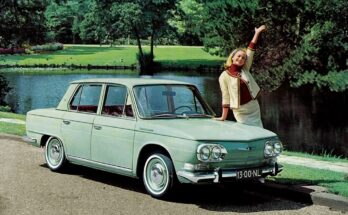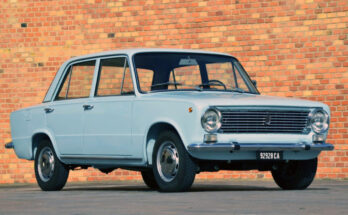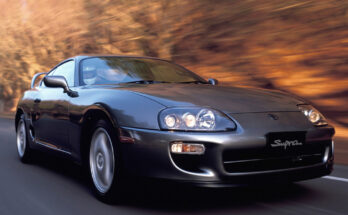The Sunbeam Alpine, a name synonymous with British motoring elegance and performance, has left an indelible mark on automotive history. Born out of a post-war era craving open-top driving experiences, the Sunbeam Alpine emerged as a stylish roadster that captivated enthusiasts with its charming design and spirited performance.
The Birth of the Sunbeam Alpine:
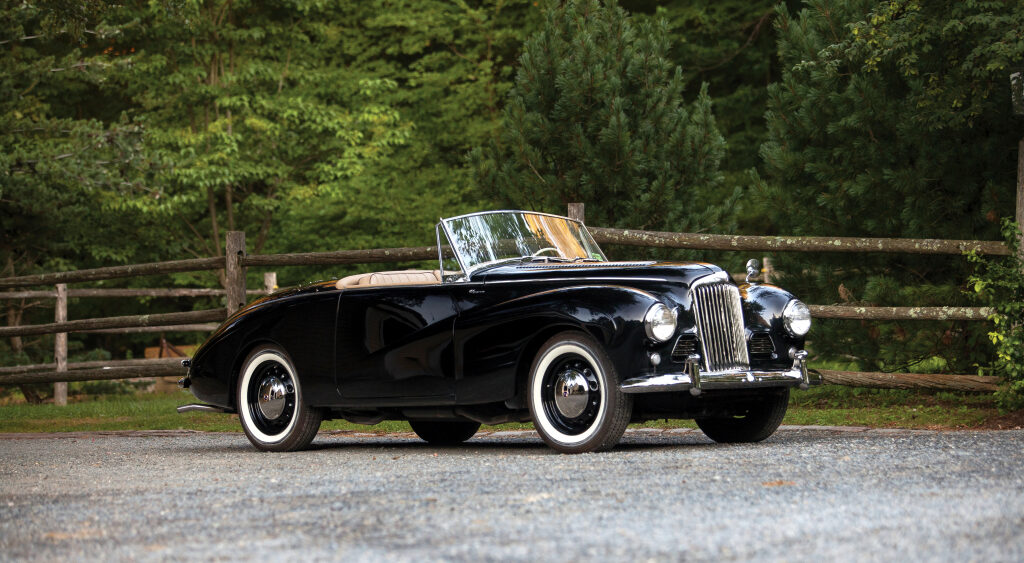
The roots of the Sunbeam Alpine can be traced back to the late 1950s when the British automaker, Rootes Group, sought to create a sports car that could compete with the increasingly popular European roadsters. The first-generation Sunbeam Alpine made its debut in 1953, showcasing a sleek and graceful design that reflected the optimism of the era.
Evolution through the Years:
The early models of the Sunbeam Alpine featured a soft-top convertible roof and were powered by a modest four-cylinder engine. However, it wasn’t until the introduction of the Series II in 1959 that the Alpine truly began to shine. Under the hood, the car received a more powerful engine, providing a boost in performance that endeared it to driving enthusiasts.
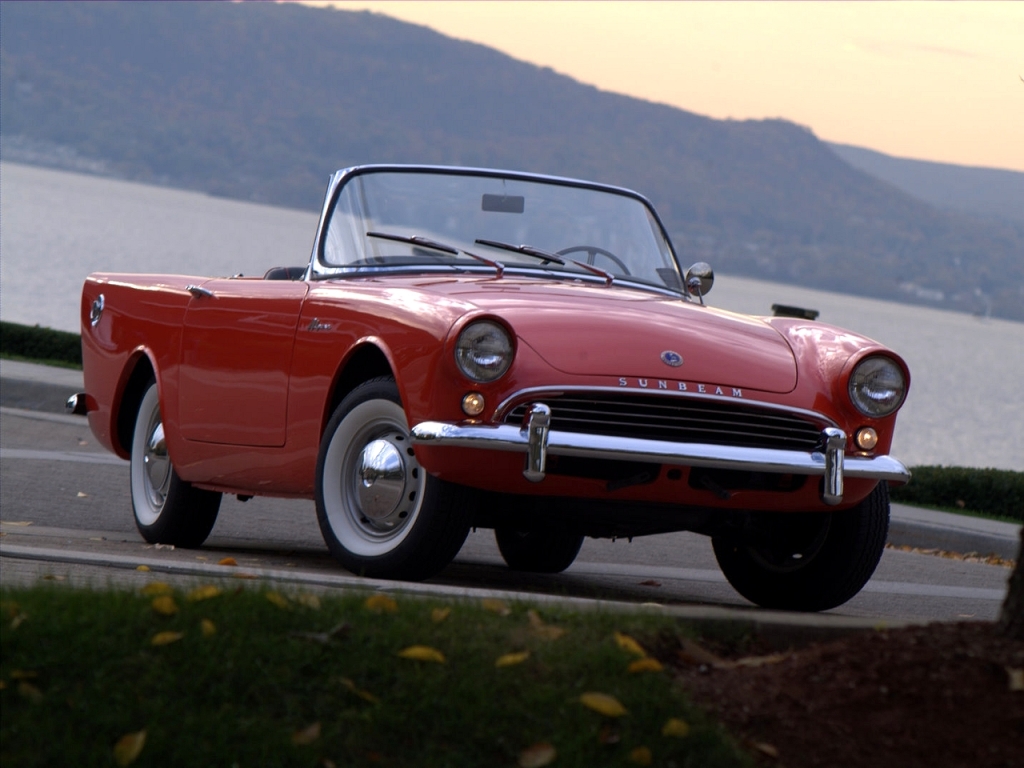
Initially there used to be a 1592cc engine under the hood, good for 104hp and a top speed of nearly 160km/h. Later, a larger displacement 1725cc engine was also added to the lineup.
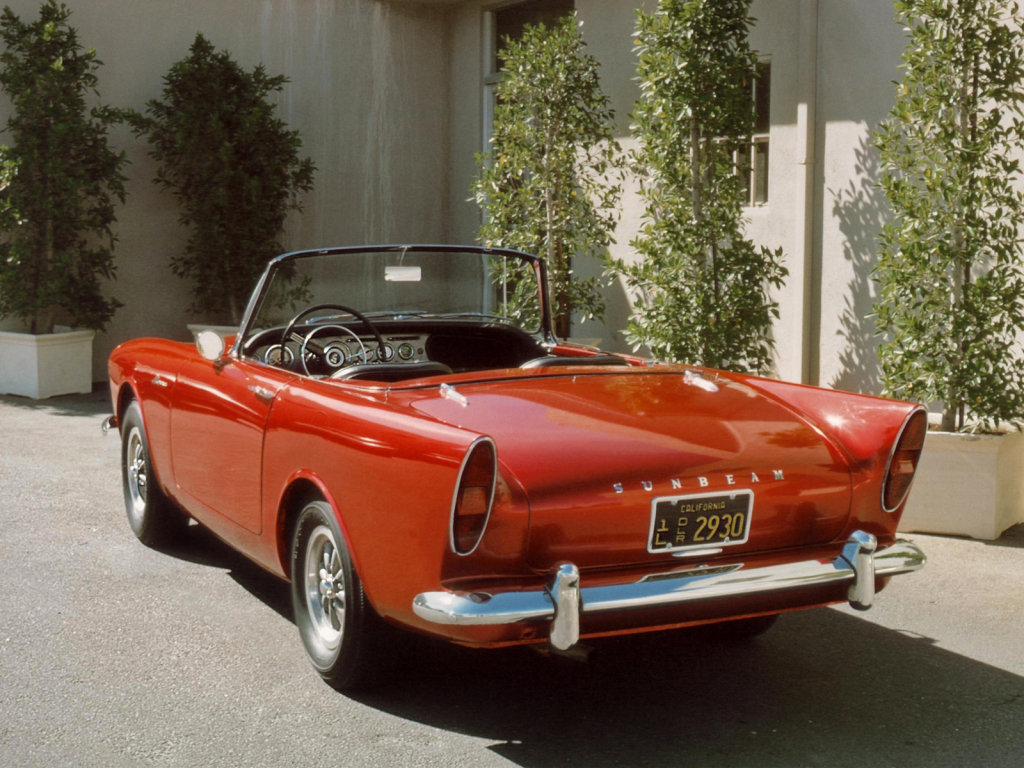
One of the most iconic moments in the Sunbeam Alpine’s history came in 1962 when a Series II Alpine starred alongside Sean Connery in the first James Bond film, “Dr. No.” This cinematic appearance catapulted the Alpine into the limelight, solidifying its status as a symbol of sophistication and adventure.
The Series III, introduced in 1963, continued the evolution with design refinements and improved performance. The car’s lines became even more graceful, and the addition of the V8 engine in 1964 elevated the Sunbeam Alpine to new heights, delivering a thrilling driving experience.
Motorsports Success:
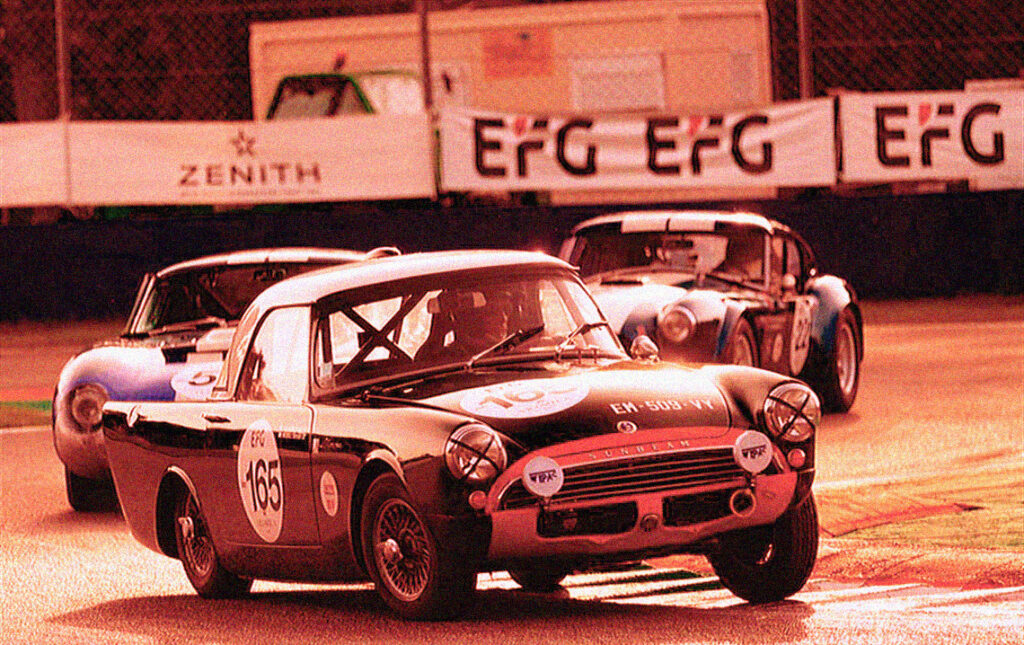
Beyond its stylish appeal, the Sunbeam Alpine also found success in motorsports. The car’s agility and performance capabilities made it a formidable contender on the racing circuit. Notably, the Alpine achieved class wins in events like the Monte Carlo Rally, further enhancing its reputation as a versatile and competitive sports car.
End of an Era:
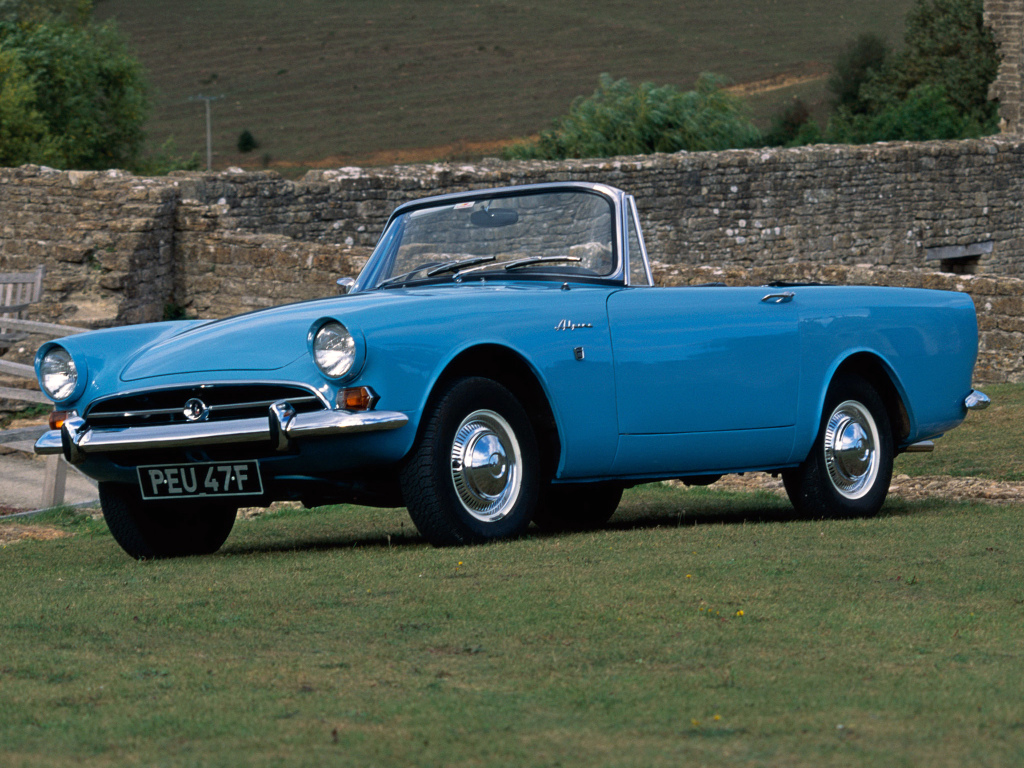
As the 1960s came to a close, the automotive landscape underwent significant changes. The Sunbeam Alpine faced intense competition prompting Rootes Group to reevaluate its lineup. In 1968, the final iteration of the Sunbeam Alpine, the Series V (pictured above), rolled off the production line, marking the end of an era for this beloved roadster. 69,251 examples of Series I to V models were produced between 1959 and 1968.
Legacy and Collectibility:
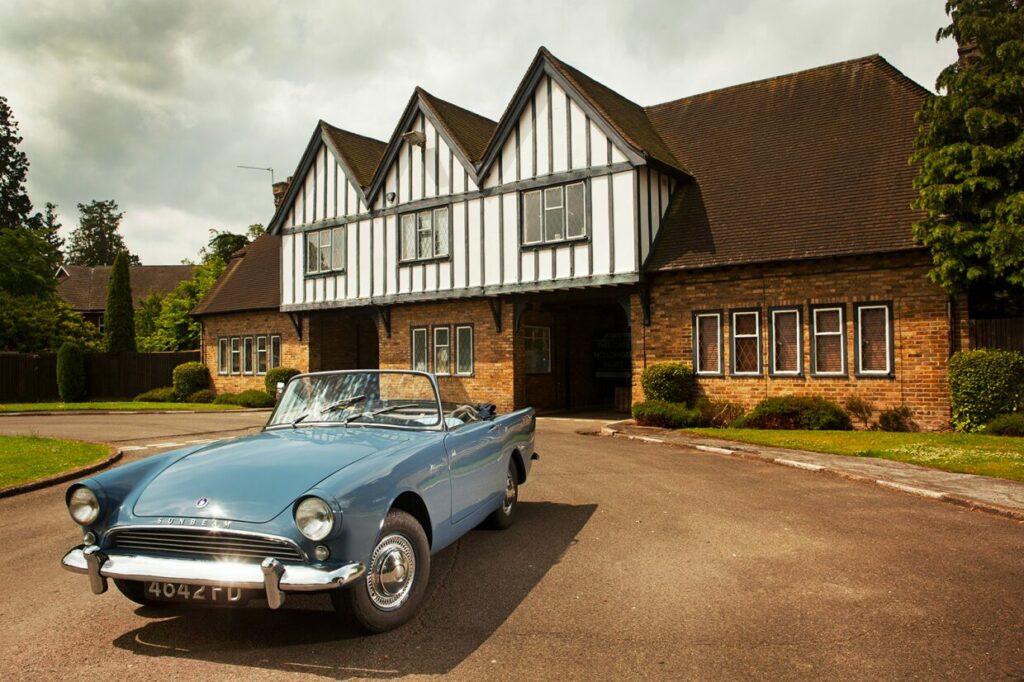
Despite the production halt, the Sunbeam Alpine’s legacy endured. Its timeless design and contributions to motorsports have ensured its status as a sought-after classic car. Enthusiasts and collectors alike cherish the Sunbeam Alpine for its elegant styling, spirited performance, and cultural significance, keeping the spirit of this iconic roadster alive on the roads and at automotive events worldwide.
Sunbeam Alpine in Pakistan
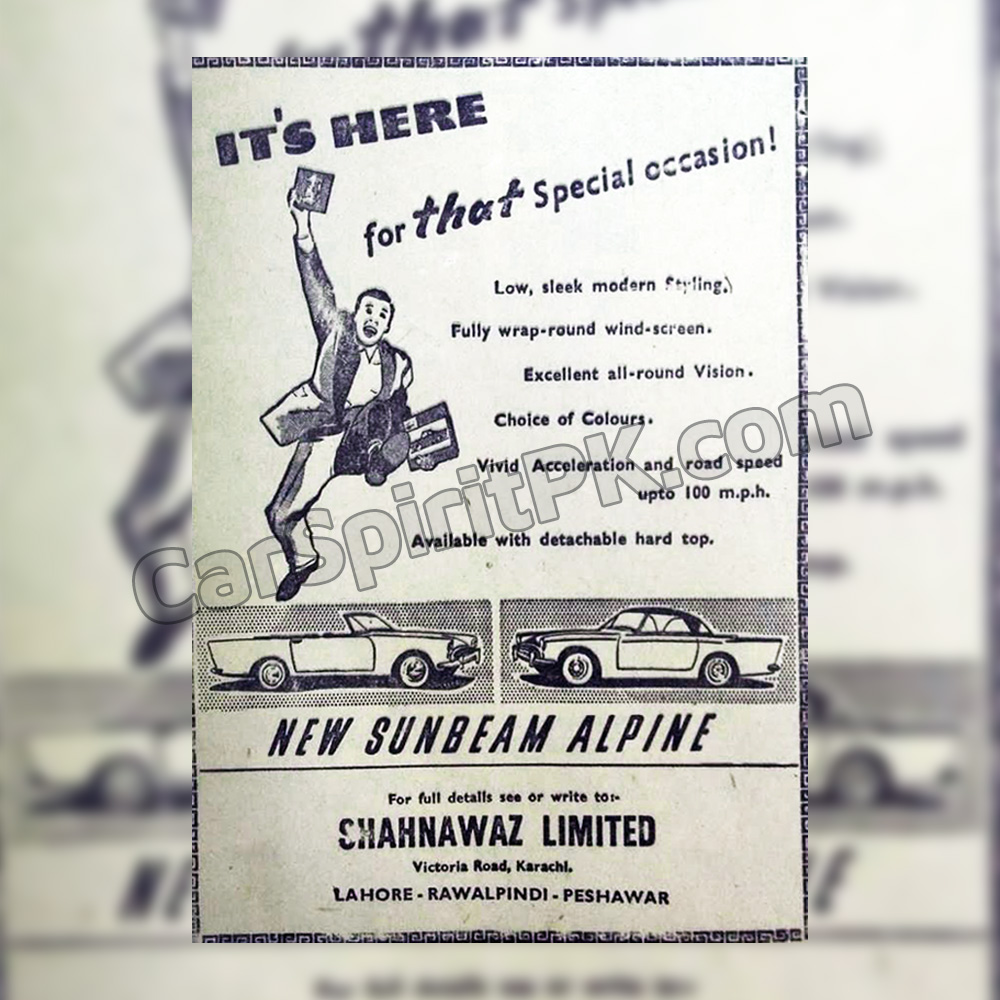
Not many people are aware that Shahnawaz Limited, the company best renowned for importing luxury cars into Pakistan for a long time, also sold the Sunbeam Alpine here as a CBU import during the 1960s. Although the Alpine was regarded as a preferred vehicle for those with substantial monetary resources, its high price made it unpopular among mass consumers and caused it to quickly disappear off the road, with hardly an example left to survive.
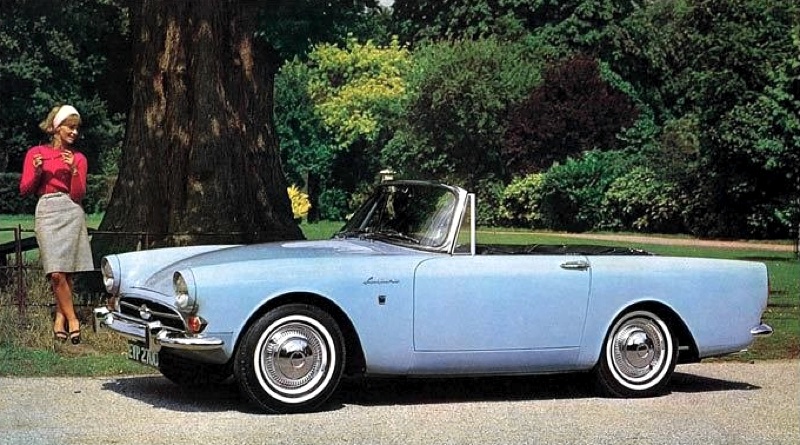

A computer animation professional with over 23 years of industry experience having served in leading organizations, TV channels & production facilities in Pakistan. An avid car enthusiast and petrolhead with an affection to deliver quality content to help shape opinions. Formerly written for PakWheels as well as major publications including Dawn. Founder of CarSpiritPK.com

